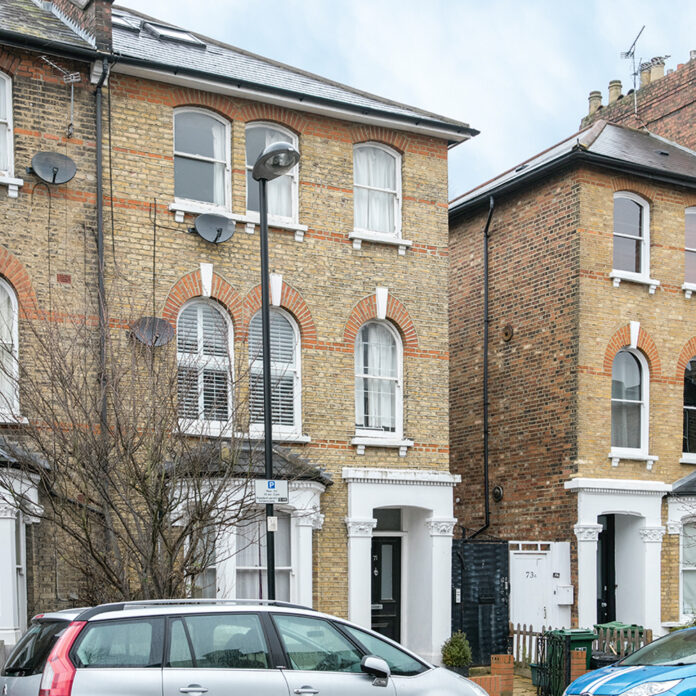Did you know you could be entitled to a council tax reduction? Thousands of people will be eligible for money off their council tax bill – for some households, the reduction may be 100%, meaning you’ll pay no council tax at all.
Council tax reduction replaced council tax benefit in April 2013. Council tax benefit was a national scheme while council tax reduction (or council tax support) is set on a council-by-council basis.
What does a reduction in council tax mean?
A council tax reduction is different to a council tax discount, and not calculated in the same way. Discounts depend on your circumstances, such as whether you are the only adult in the household, have any caring responsibilities or disabilities. Reductions are means-tested on your income.
Single person discount
The council tax single person discount is a common way to get your bill reduced. People living alone are entitled to a single person discount of 25%, regardless of where they live in the UK.
‘If you’re the only adult in your home, you ought to be eligible for a 25% discount in your bill,’ says Kate Smith, senior benefits expert at Citizens Advice, ‘You’ll also get this if the only other adults in the home aren’t counted for council tax purposes. This includes full-time students and people with learning disabilities or severe mental impairment.’
People not counted for council tax purposes are known as ‘disregarded persons’ and also include carers, people living in care homes and apprentices.
Image credit: Future/ Robert Sanderson
How does a council tax reduction work?
Many people on low incomes will be eligible for a council tax reduction, which will be paid as a rebate or a discount on your bill, rather than as a benefit.
Each local authority has different criteria for who is eligible to claim a council tax reduction. The reduction you’ll receive depends on your income and your savings, as well as your personal circumstances. There are different rules for people of working age and those of state pension age or above.
Anna Stevenson, senior welfare benefits specialist at Turn2us, says: ‘For people on lower incomes, they might be able to get their council tax reduced to ease the financial burden. Eligibility criteria can vary depending on your local council – the best way to check if you could get a council tax reduction is by using the free, confidential benefits calculator on the Turn2us website.’
As each local authority may have different rules to one another, people with very similar circumstances may receive different levels of reduction depending on where they live.
In England, many councils have reduced the amount of support available to working age people. This means that some people who haven’t had to pay council tax before might now need to pay it.
How much savings do you have?
Each local authority will set a figure for the maximum amount of savings and investments you and your partner can have to be eligible for a council tax reduction. If you have more than this figure you won’t qualify for a reduction regardless of other circumstances.
The figure can vary quite a lot between different local authorities. In Tower Hamlets, Cheshire West & Chester, and Brent, it’s £6,000, while in Sutton it’s £10,000. However, a maximum savings amount of £16,000 appears to be most common and applies in numerous council areas across the UK.
Some councils have different savings thresholds depending on whether you are of working age (i.e. below state pension age) or not. For example, in Milton Keynes, capital and savings must be under £16,000 if the claimant is of pension age, or under £6,000 if they are of working age.
Image credit: Future PLC/ Simon Whitmore
Income levels and benefits
Some local authorities will look at your (and your partner’s) income and how many children you have, to assess whether you’re eligible for a council tax reduction.
For example, Rother District Council, in East Sussex, offers discounts of 80%, 60%, 40% or 20% depending on the level of the resident’s income, any savings or investments, and their household, allowing for a maximum of two children. For example, a couple earning less than £137.97 net a week between them can get a discount of 80%; if they have one child the figure goes up to £189.07, and two or more children £240.18.
Net income, in this instance, means once income tax, National Insurance and half of any personal pension is deducted from someone’s earnings. Single people with no children can get a reduction if they earn less than £250.42 a week, with the income figure rising to £393.52 if the single person has two or more children. Anyone with savings above £16,000 won’t qualify.
Other councils assume anyone who receives certain benefits such as Universal Credit, income support, income-based jobseeker’s allowance, income related employment and support allowance, or pension credit, is on a low income.
How do I know if I qualify for a council tax reduction?
If you think you might be eligible for a council tax reduction you should contact your local authority (which sends your council tax bill). Some local authorities have an online assessment where you input various personal details to find out whether you’re eligible for a reduction. You might also be able to apply for a council tax reduction over the phone.
You may have to prove supporting evidence for your claim such as your identity, income, benefits, savings, pensions, details of your children, proof of any disabilities, and UK residency status.
Depending on where you live, and your personal circumstances, your council tax bill can be reduced by anything from 20% to 100%.
‘If you’re on a low income, you may be eligible for a council tax reduction of up to 100%, which will be paid to you as a rebate,’ says Stevenson, ‘The size of the rebate depends on your income, your savings and whether you live alone or with other adults in the same property.’
How long does it take to get a council tax reduction?
Once you have applied for a council tax reduction, your local authority should tell you its decision within 14 days.
If you’re already eligible for a reduction when you make the application, you might be able to get it backdated. Each council will have its own rules about backdating reduction claims for working age people. Some councils might backdate all claims to the relevant date, while others might require a reason as to why you didn’t apply earlier – for example, you may have been ill.
If you are over pension age, you can get your council tax reduction backdated for up to three months without giving a reason as to why you didn’t claim earlier.
If your circumstances change, for example, if you get a better paid job, inherit some money or your partner moves in, you should always update your local authority immediately as this may impact any council tax reduction you’re entitled to.
The post How to get a council tax reduction to make a saving appeared first on Ideal Home.










